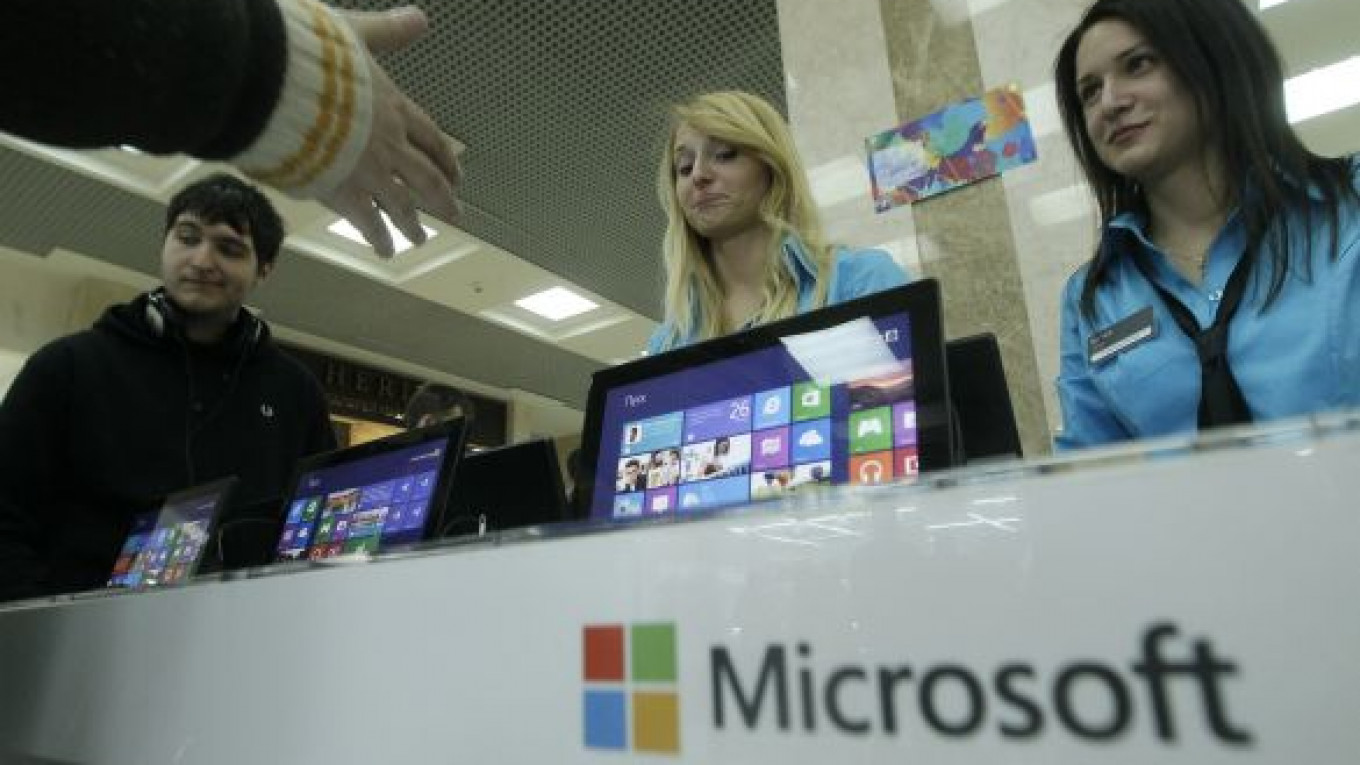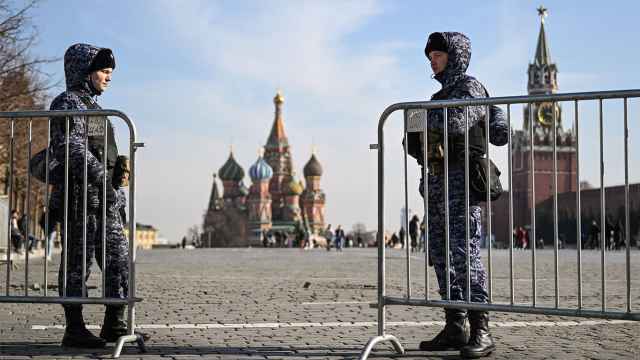A U.S. probe into Microsoft's involvement in business partners' alleged bribery of foreign officials has expanded to include Russia and Pakistan, the Wall Street Journal reported.
Details of the investigation being undertaken by the U.S. Justice Department and the Securities and Exchange Commission first came to light last March, focusing on activities in China, Italy and Romania.
Since then a whistleblower in Russia told Microsoft that a reseller of its software allegedly provided kickbacks to executives of a state-owned company in exchange for a contract.
In Russia, Microsoft and other Western firms often work though distributors who are more familiar with the local market.
In Pakistan another whistleblower said Microsoft had paid a consulting firm to take a government official and his wife on a five-day trip to Egypt in order to win a tender.
These announcements came after Microsoft opened an internal investigation into earlier corruption allegations. Such investigations often run into the millions of dollars with the results being turned over to investigators in the hopes of leniency.
The legal basis comes under the 1977 Foreign Corrupt Practices Act, which prohibits U.S.-traded companies from bribing foreign officials. Companies can be held liable even when their partners pay bribes they do not know about.
In a blog post, Microsoft vice president John Frank acknowledged receiving tips from Russia and Pakistan as part of the internal investigation. He drew attention to an earlier post where he emphasized that Microsoft's 98,000 employees and 640,000 partners are a huge number that makes it impossible "to say there will never be wrongdoing."
A Message from The Moscow Times:
Dear readers,
We are facing unprecedented challenges. Russia's Prosecutor General's Office has designated The Moscow Times as an "undesirable" organization, criminalizing our work and putting our staff at risk of prosecution. This follows our earlier unjust labeling as a "foreign agent."
These actions are direct attempts to silence independent journalism in Russia. The authorities claim our work "discredits the decisions of the Russian leadership." We see things differently: we strive to provide accurate, unbiased reporting on Russia.
We, the journalists of The Moscow Times, refuse to be silenced. But to continue our work, we need your help.
Your support, no matter how small, makes a world of difference. If you can, please support us monthly starting from just $2. It's quick to set up, and every contribution makes a significant impact.
By supporting The Moscow Times, you're defending open, independent journalism in the face of repression. Thank you for standing with us.
Remind me later.






